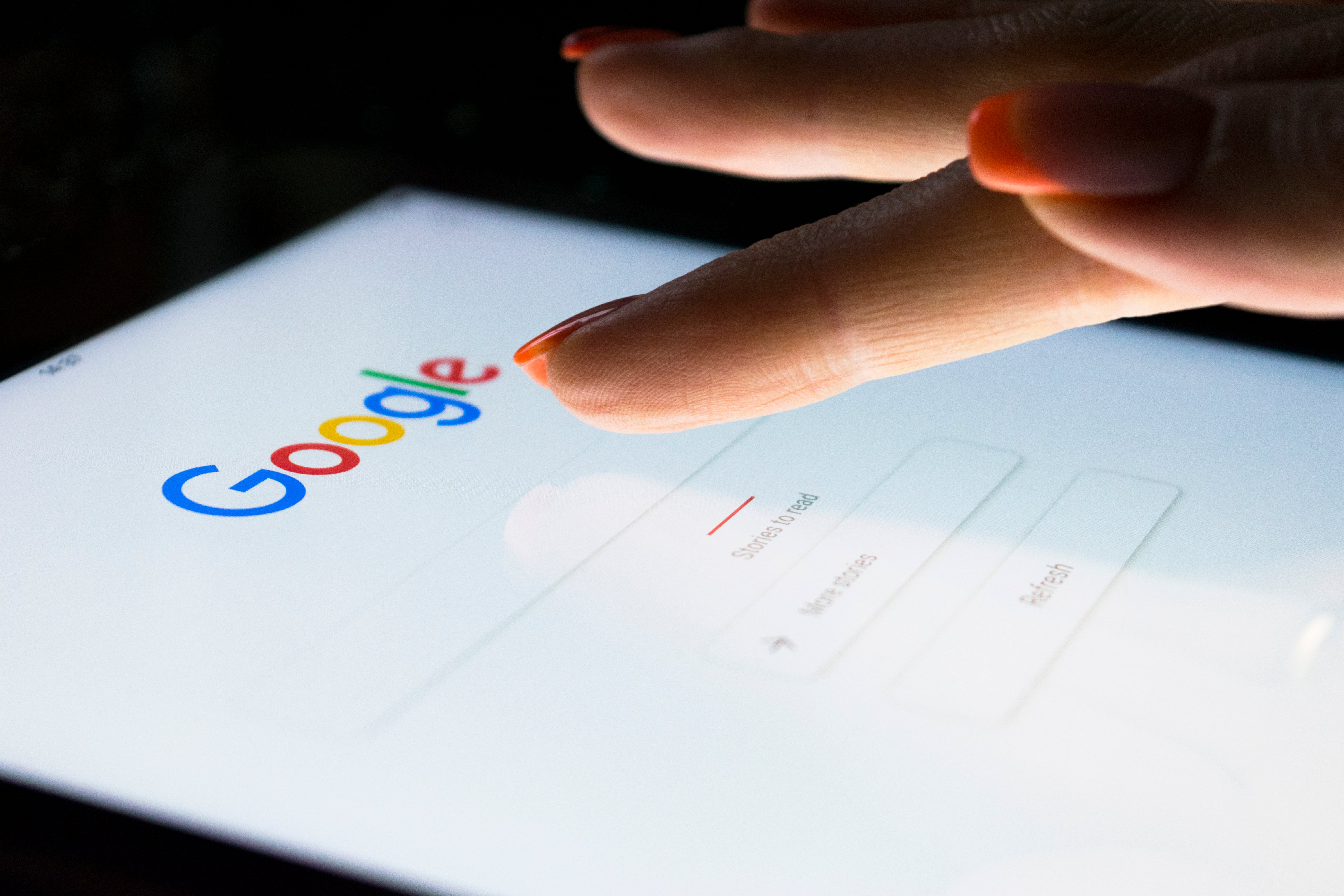From Zaddy to deplatforming, these are some of the new words added by Dictionary.com
Y’all officially earned its very own definition

Like years past, the English language evolved over the last year as it was influenced by a range of outside forces, with the pandemic, racial reckonings and technology all playing a part in altering how we communicate.
To keep up with these changing meanings and, in some instances, new words entirely, Dictionary.com has added more than 300 news words and definitions in its latest update, with meanings now readily available for terms such as Zaddy and sh*tshow.
“The latest update to our dictionary continues to mirror the world around us,” said John Kelly, managing editor of Dictionary.com, adding: “It’s a complicated and challenging society we live in, and language changes to help us grapple with it.”
According to the dictionary website, many of the new additions fall under the slang or pop culture category, with the definition resource now including new connotations associated with the word “snack,” which is described as a “sexy and physically attractive person,” while the dictionary has also included the words “oof” and “yeet,” which it notes “both of which can be used as expressive formations, one for dismay and the other for excitement”.
The dictionary gives credits the influencers of the language, with the press release acknowledging: “We can thank Black social media for the fun - and multifunctional - smash slang hit of yeet, variously used as a joyful interjection or verb for forms of quick, forceful motions.”
The new update also includes a definition for “zaddy,” described as “an alteration of daddy that means ‘an attractive man who is also stylish, charming, and self-confident,’” while terms such as “side hustle,” “sh*tshow,” “a**hat,” and “trap house” have made it into the lexicon as well.
“Yes, yeet is now in the dictionary, which may prompt some of us to use one other of our new entries: oof! Perhaps these lighter slang and pop culture newcomers to our dictionary reflect another important aspect of our time - a cautious optimism and a brighter mood about the future ahead after a trying 2020,” Kelly said.
The dictionary also notes that “y’all” has finally earned its own entry, with the resource explaining that the term, which was “long connected to Southern American English and Black English,” has become popular among younger demographics.
In addition to conveying an informal tone, the plural identifier is also appreciated for being gender-neutral, as opposed to “you guys”.
Apart from the cultural influences, Dictionary.com’s new update also comes amid a racial reckoning in the country, with the update reflecting some of the racial justice terms and meanings that have emerged in the last year.
According to the dictionary, “growing awareness of inequality, inequity, and their deeper causes has spurred many organisations and corporations to invest in initiatives to counter them in the workplace,” with the initialisms DEI, which stands for diversity, equity, and inclusion, and JEDI, which stands for justice, equity, diversity, and inclusion, added as a result.
Definitions for “Black Codes” and “Jim Crow” have been updated as well, while a definition for the “one-drop rule,” which refers to a social classification in law in some states during the 20th century that “identified biracial or multiracial individuals as Black if they have any known Black African ancestry, even from a Black ancestor many generations removed,” has also been added to the online resource.
Dictionary.com also updated the entries for companies such as Pearl Milling Company, which was previously known as Aunt Jemima, after the company rebranded following criticism over racial stereotypes.
According to the dictionary, the update also sees an entry for “minoritise,” newly defined as: “to make (a person or group) subordinate in status to a more dominant group or its members” and distinct from “marginalise”.
“This crucial, if subtle, innovation in terminology encourages people to consider membership in minority groups not as something intrinsic or unchangeable, but as socially constructed - as a reality created and maintained by one group and experienced by another,” the press release reads.
According to the dictionary, its definition of cultural appropriation has been amended as well, to reflect that it does not always mean taking “cultural identity markers” from minority groups.
“Cultural appropriation can also involve mainstream adoption of cultural elements from any smaller group, including from subcultures within dominant groups,” the press release states.
It would be impossible to discuss the changes to language in 2020 without touching on Covid-19 and the global pandemic, which Dictionary.com describes as “long-lasting”.
To keep up with the terms associated with the pandemic, and the long-term effects of the virus, Dictionary.com has added entries for “long-hauler,” “long Covid,” and “long haul”.
The new update also includes technology inspired advances to language, with the dictionary now featuring updated definitions for words such as asynchronous and synchronous, which relate to new methods of learning as children all over the world attended school remotely amid the pandemic.
Deplatforming also made its way into the dictionary, where it has been defined as “prohibiting (a person or people) from sharing their views in a public forum, especially by banning a user from posting on a social media website or application,” while 5G or fifth-generation has been entered in as “being or relating to communications technology or a mobile device that supports much faster data-transfer speeds with significantly lower latency than previous versions”.
Join our commenting forum
Join thought-provoking conversations, follow other Independent readers and see their replies
Comments


Bookmark popover
Removed from bookmarks